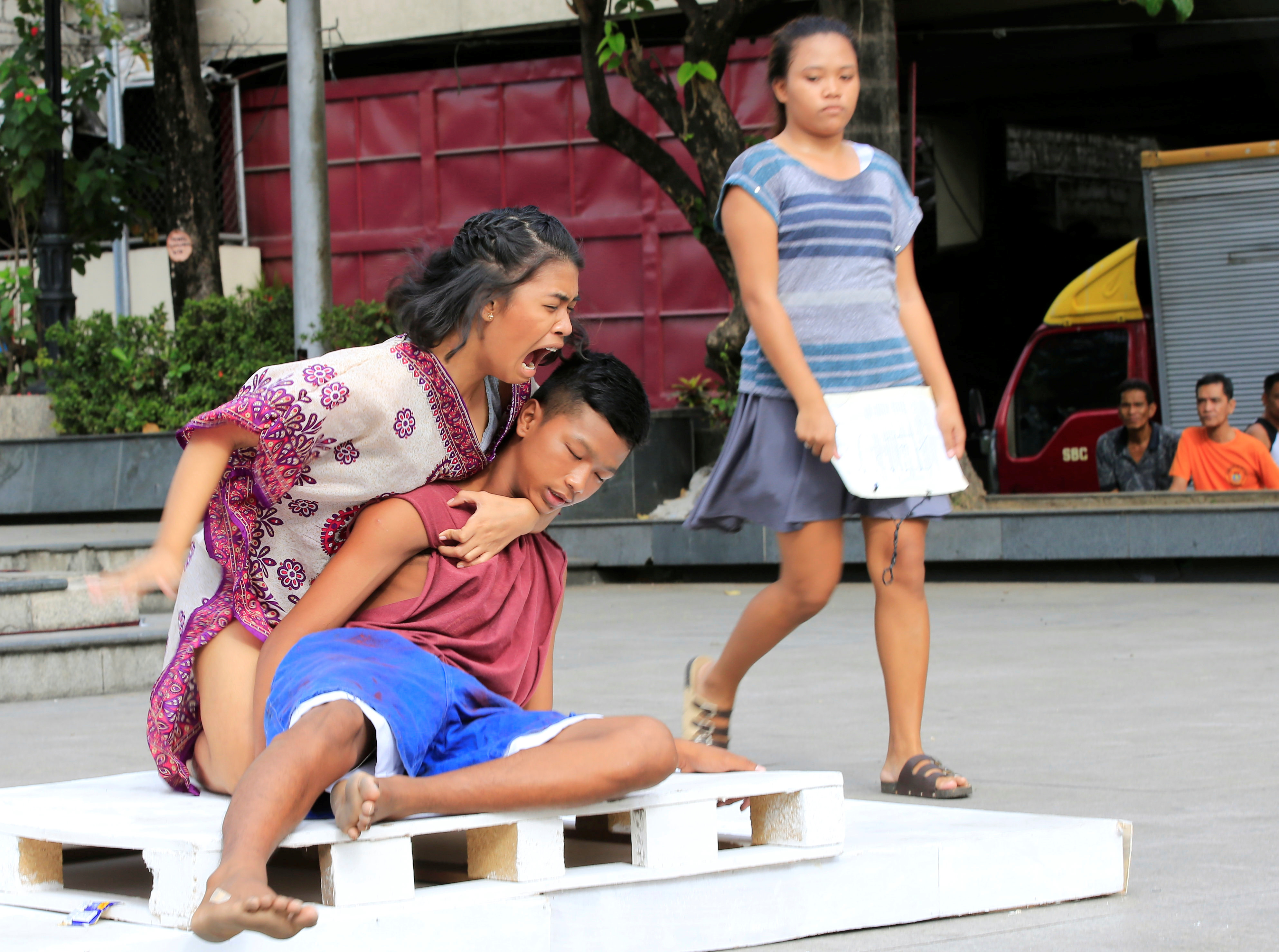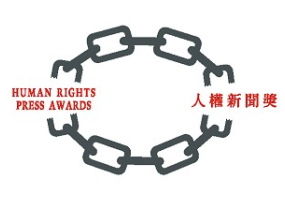Setting ablaze the dark with flames of truth

In a lyrical essay, Mozart Pastrano, Journalist Fellow at the Reuters Institute (2018-19), looks at the re-emergence of protest theatre and the arts in the Philippines, as an outlet for drawing attention to pressing issues in society. He finds that with the media under increasing threat, theatre can sometimes offer a safer space to explore our times.
His paper Macbeth by Candlelight reflects on his fellowship, living in a city steeped in culture, his discussions with other fellows, journalists and academics about the future of journalism, and how a candlelit production of Macbeth at Shakespeare's Globe in London, attended by the Journalist Fellows, made him realise "how the arts, if not shrewd artists and other art denizens, can interrogate the current moment: subtly, and yet with sly devastating resonance."
Pastrano contrasts Macbeth's line, "Let not light see my black and deep desires", with a mission of journalism to shine that very light to reveal otherwise concealed truths, and which is reflected in the mottos of publications such as the Washington Post: ‘Democracy Dies in Darkness’.
He writes: "The idea, I suppose, is that we illuminate, and thereby eliminate, the dark by setting it ablaze with the flames of truth."
"It seems that art journalists write about the arts to engage readers into the maelstrom of today’s issues and debates. The arts become a springboard to draw attention to larger national concerns."
Pastrano, who came to the Reuters Institute via the Columbia School of Journalism, reminds us how theatre and the arts have been often been used in the Philippines to explore the fraught relationship between the country's colonisers (Spain and the USA), occupiers (Japan) and leaders (presidents Marcos and Duterte), and the population as a whole. However, he writes that “What has returned in the Philippine arts scene these days is a renewed sense of protest and purpose.”
He recalls watching a performance artist at Columbia University Journalism School, who had worked with widows and partners of those killed in his country's 'drug war', and who sought to communicate their pain through drama: "Torrado crumpled into various poses of anguish, fear, agitation, contemplation, and anger, her hands raised in severe angular extensions that twisted her body this way and that. She tried to say something, but nothing came out...”




